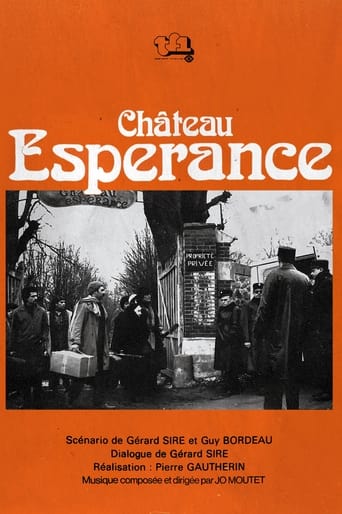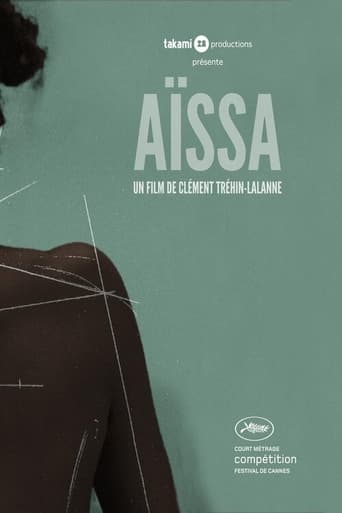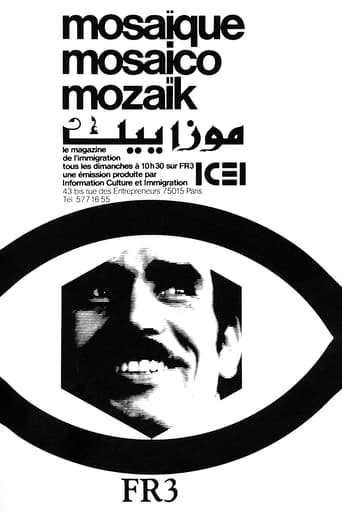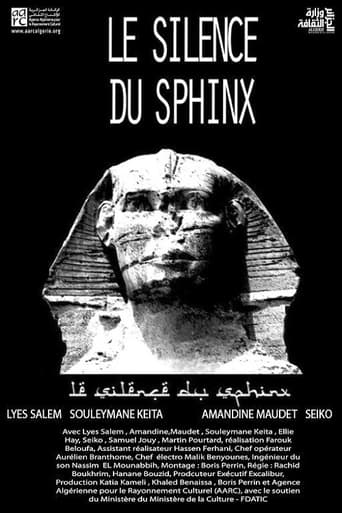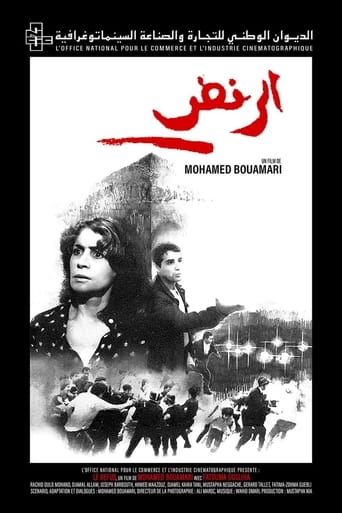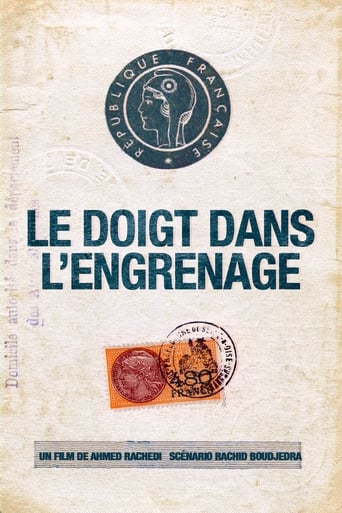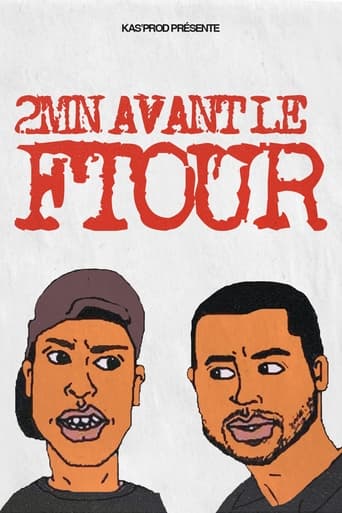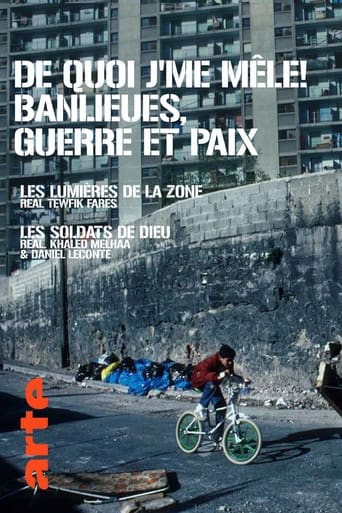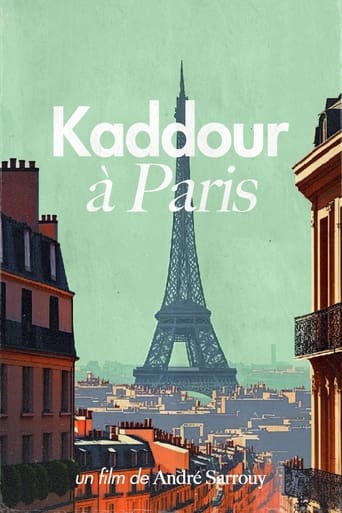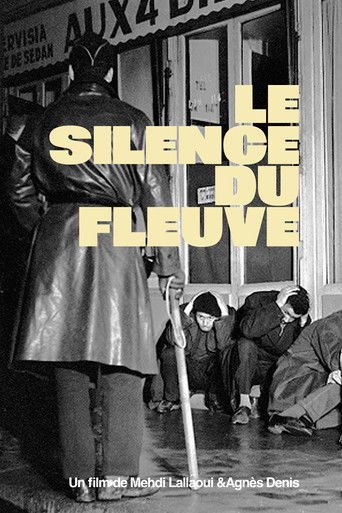Château Espérance 1976
Rachid, a North African immigrant worker in the Fayard company for several years, saved to bring his wife Leïla and their son Larbi. They arrive in France for the first time. Leïla full of hope came to join her husband in exile. But very quickly, it is the shock: the difficult working conditions, the hard daily life of her husband and the surrounding grayness marked by anti-Arab racism does not bode well. The 30-episode series was first broadcast on May 17, 1976 on TF1, and is the first French series to address immigrant issues in France.
